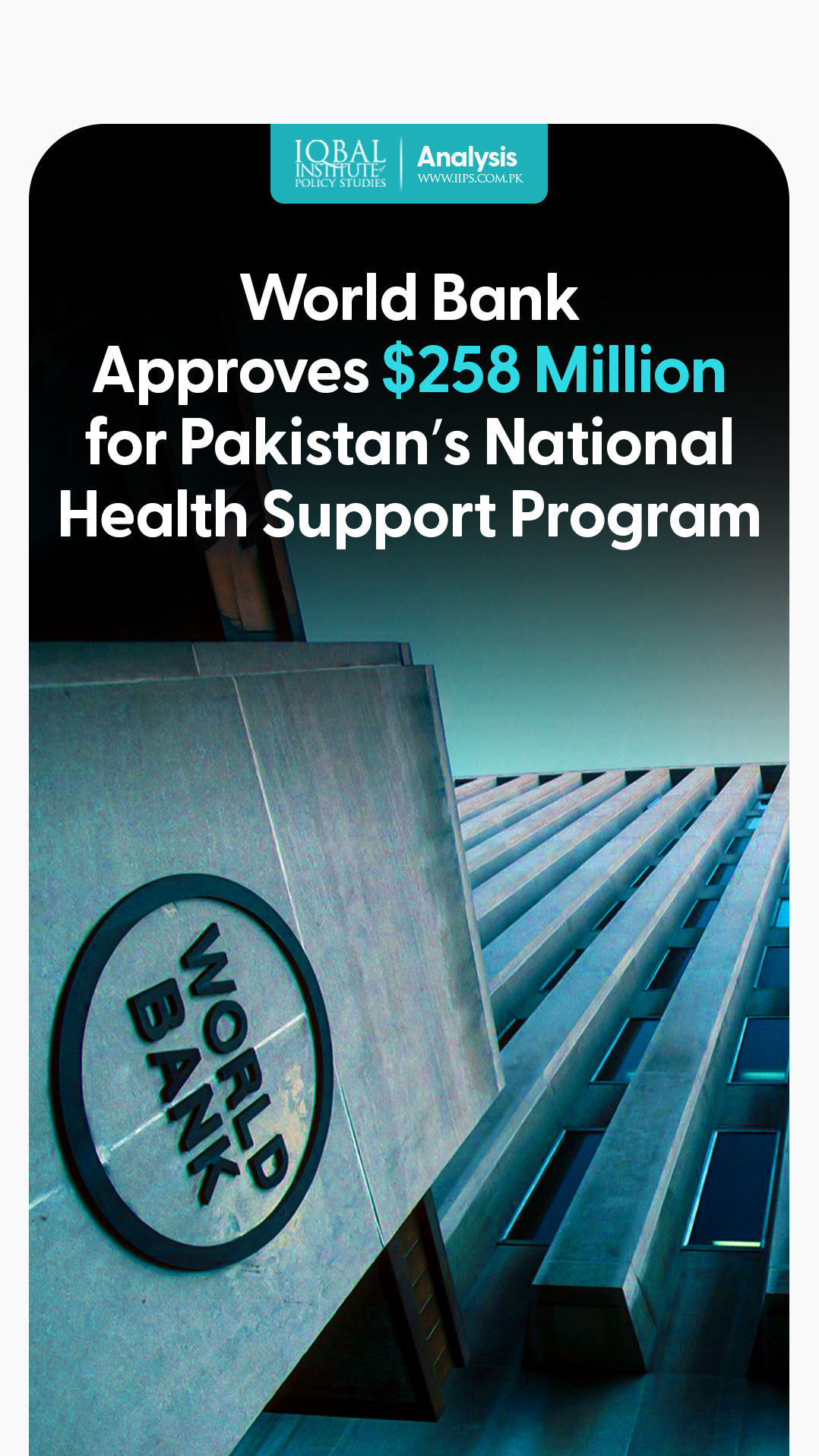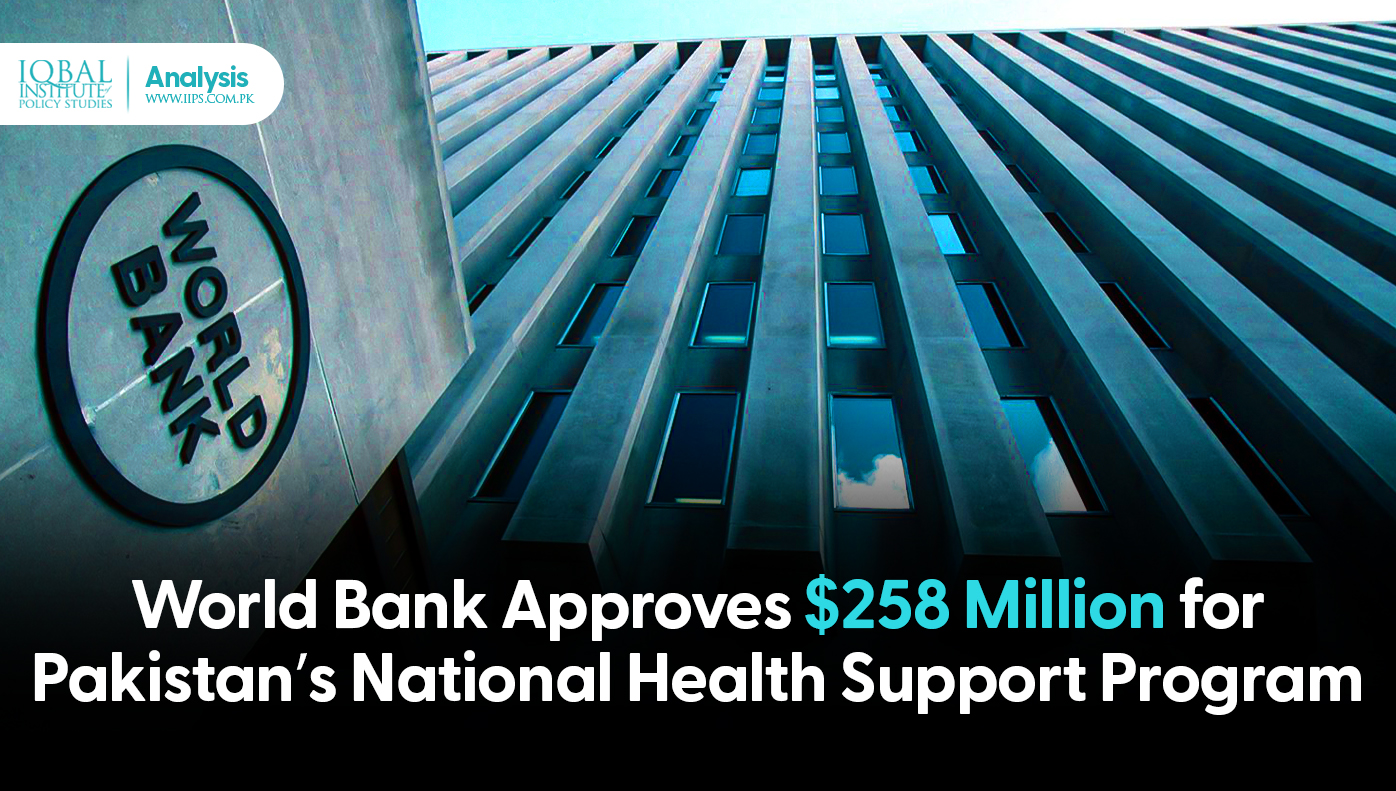Health services are one of the critical sectors of society and the economy. Providing social health protection and equal access to quality health care has significant positive effects on individual and public health, economic growth and development. The health sector is also a significant employment sector with substantial potential for job creation. Effective public health systems are vital for providing care for the sick and instituting measures that enhance wellness and prevent disease.
Due to COVID-19, the world faced a global health crisis like no other. Unprecedented socioeconomic conditions threatened the lives of millions of people. In combating the pandemic, Pakistan has made efforts to improve its healthcare system by making health policies, participating in the Sustainable Development Goals (SDGs) program, initiating vertical programs, introducing Public-Private Partnership, and improving human resource development and infrastructure by making Basic Health Unit and Rural Health Centres.
In efforts to strengthen Pakistan’s Healthcare System, the World Bank (WB) has played a significant role. Several months earlier, the bank had proposed $5.9 billion for a National Health Support Program in Pakistan to tackle several systematic issues, including an insufficient, underutilised and underperforming health workforce, the shortage of essential medicines and family planning commodities and supplies at the primary healthcare provider level.
Recently, the World Bank has approved another National Health Support Program worth $258 million to strengthen primary health care systems and accelerate national efforts toward universal health coverage in Pakistan. The program aims to enhance oversight and management of primary healthcare services through real-time monitoring of supplies and essential medicines. It also promotes engagement between public and private facilities and better coordination among development partners on future investments in health. By investing in primary health care and strengthening the health workforce, Pakistan can drive a more equitable and resilient recovery.



Leave a Reply